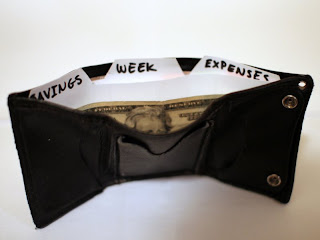So as not to bury the lead: I give up. I quit. I'm done.
I moved to Los Angeles Aug 2007 with one goal: To earn my living as an actor in mainstream film & television.
That was over three and a half years ago. Here's a progress report:
# of paid speaking parts in SAG or AFTRA productions: 0
# of broadcast TV auditions: 0
# of non-ultra-low-budget SAG film auditions: 0
# of union commercial auditions: 0
# of voice over auditions: 0
# of paid theater auditions: 0
# of theatrical agents: 0
# of commercial agents: 0
# of print agents: 0
# of voice over auditions: 0
# of managers: 1
# of current managers: 0
Also, as I just did my taxes, here are some more numbers for you:
Amount I earned as an actor last year: $0
Amount I spent on acting-related expenses last year: $5,075
They say that 30:1 is a pretty good audition to booking ratio. Well, at this rate I should book my first mainstream gig sometime after never.
I came to LA saying to my friends "You don't have to worry about me selling out, I'm pre-sold, I'll act in anything so long as it pays." It's one thing to be a girl who doesn't have a boyfriend because her standards are too high, it's another thing entirely to be a bargain basement hooker who in three years of trying has never found a single John. What little pride I have is, not just wounded but, eviscerated and laying in a bloody heap in the dirt.
I have come to the following conclusions:
I am probably not a good actor; I am definitely not an exceptionally good actor. I don't have the internal drive or strength of belief-in-self necessary to successfully market myself as an actor. I don't have "it".
Worst of all: whatever enjoyment I once took from acting, left me months ago. I've become pessimistic, embittered, and a toxic influence on my acting peers. It breaks my heart.
So it is for my sake, and the sakes of those around me that I admit defeat and relinquish my goal of being a professional actor. It's been a great ride. I've made some incredible friends and had some unforgettable experiences (I traveled the world!), but I'm just not strong enough to continue. God bless those of you who are. Thank you for your support and for following me on this journey.
With love and admiration,
Donovan Keith
February 2011
Note: I reserve the right to act for fun and friends, and even money if it comes, but I'm no longer pursuing it as a career.





